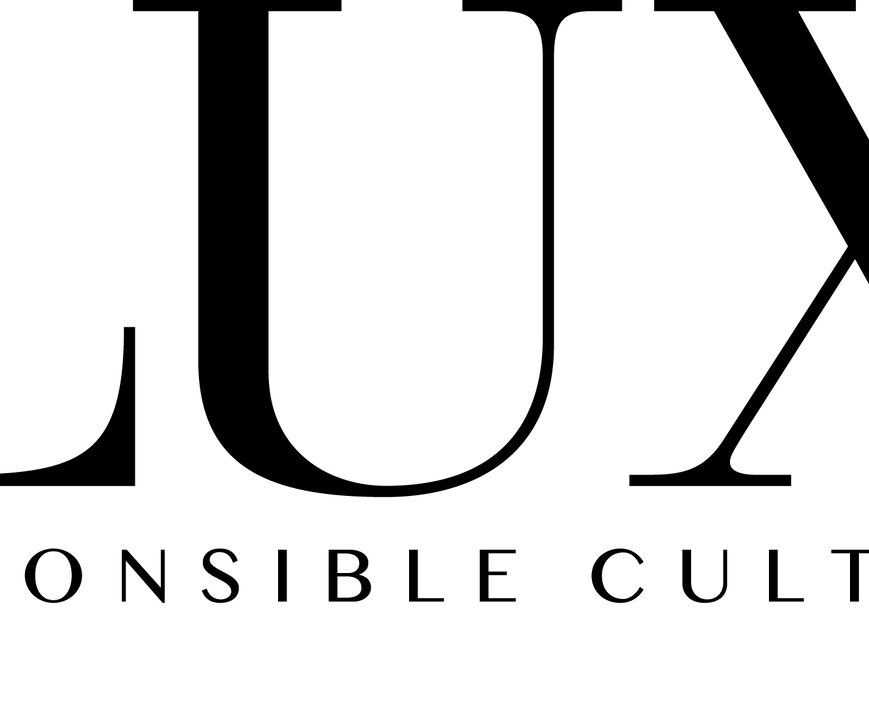
In a world where algorithms whisper secrets to machines, the line between human creativity and artificial intelligence blurs like a watercolor painting left in the rain. The rise of AI-generated art, music, and literature has sparked a debate as fiery as a thousand suns: who owns creativity when machines can mimic it?
AI, once a distant dream of science fiction, now walks among us, weaving its way into industries, classrooms, and even our living rooms. It’s a tool, a muse, and sometimes, a rival. Artists and writers are grappling with a new reality where their unique voice can be replicated by lines of code. The question isn’t just about who creates, but about what creation means in an age where machines can dream.
As AI grows smarter, so do the ethical dilemmas it brings. From deepfakes that blur truth and fiction to algorithms that decide who gets a loan or a job, the stakes are higher than ever. The challenge is no longer just about building smarter machines, but about ensuring they serve humanity without eroding our values. Can we trust AI to make decisions that align with our moral compass? Or are we handing over the reins to a force we barely understand?
The future of AI is a tapestry still being woven, with threads of hope, fear, and curiosity intertwined. As we stand at the crossroads of innovation and ethics, one thing is clear: the conversation about AI isn’t just about technology—it’s about who we are and who we want to become.

















